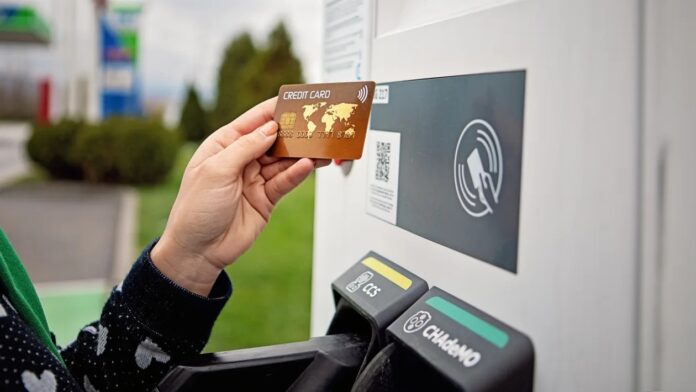A new survey reveals that while most UK adults believe electric car owners should contribute to road taxes, they strongly favor directing any revenue from future EV taxation towards improving public charging infrastructure. This comes as Chancellor Rachel Reeves prepares for a budget announcement expected to include a pay-per-mile tax on electric vehicles.
The poll, conducted by consultancy firm Stonehaven and involving nearly 2,250 respondents, found that 71% of UK adults support some form of road tax for EV drivers. Interestingly, however, over half (49%) want the funds generated from a potential pay-per-mile levy – estimated at around 3p per mile – to be reinvested in making public charging more affordable. This sentiment aligns with widespread concerns about the rising cost of public EV charging.
Further highlighting this priority, 61% of survey participants also expressed support for using EV tax revenue to enhance Britain’s charging network. The desire for better roads was equally strong, with 83% advocating for funds to go towards fixing potholes.
This debate comes at a crucial juncture in the UK’s transition towards electric vehicles. As sales of traditional petrol and diesel cars decline, the government is increasingly pressured to find alternative revenue sources to compensate for lost fuel tax income. While the EV car sector acknowledges that some form of taxation is inevitable, industry leaders are worried about the timing of the announcement, particularly given manufacturers are already grappling with stringent Zero Emission Vehicle (ZEV) mandates requiring 28% of new car sales from mainstream brands to be electric by 2025.
The Public Charging Price Squeeze
The issue of public charging costs has taken center stage as the price gap between EVs and gasoline cars shrinks significantly. Today, for many potential buyers, the cost of charging on public networks presents a substantial barrier to EV adoption – particularly in urban areas where electric vehicles are most suitable.
According to the RAC, UK drivers currently face an average of 72p per kWh for fast chargers (8-49kW) and a staggering 81p per kWh for rapid chargers (50-149kW). This compares starkly with average domestic electricity rates of 26p per kWh or even cheaper overnight tariffs specifically designed for EV charging that hover around 8p.
While rapid charging providers argue that the higher cost reflects convenience and speed, several factors contribute to this price disparity. Chargepoint operators (CPOs) are heavily investing in expanding the UK’s charging infrastructure, but unlike domestic electricity bills which are subject to Ofgem’s price cap, there are no such limits on public charging costs. This means CPOs can adjust their prices considerably more freely.
However, a key factor driving up these costs for EV drivers is the “pavement tax.” The current 20% VAT rate levied on electricity sold at public chargers significantly exceeds the 5% rate applied to domestic or commercial use. Reducing this disparity could help offset some of the negative impact any new pay-per-mile EV tax might have on sales. While data from RAC shows that average EV drivers rely on public charging facilities for only 15% of their needs, many lack access to home charging options and would face a financial burden should they depend solely on the pricier public network.
“Lowering the VAT rate on electricity sold at EV chargers to match the 5% charged to domestic customers would be a huge help in bringing down costs for drivers,” stressed RAC spokesperson Rod Dennis. He also hinted that an upcoming review by Ofgem could potentially lead to reduced fees charged to charging networks, ultimately benefiting consumers through lower prices.
The head of trade body ChargeUK, Vicky Read, echoed this call for reform back in 2024. “We need government and Ofgem action to ensure affordability doesn’t become a barrier to EV adoption,” she stated, highlighting the burden of increased standing charges for rapid charging, persistently high wholesale electricity prices compared to other EU countries, and the lack of carbon credit schemes available to UK operators, unlike their European counterparts.
This mounting pressure suggests that if Chancellor Reeves decides to introduce a pay-per-mile tax on electric vehicles, it will likely be accompanied by measures aimed at mitigating its impact on EV adoption and accessibility for all drivers.























